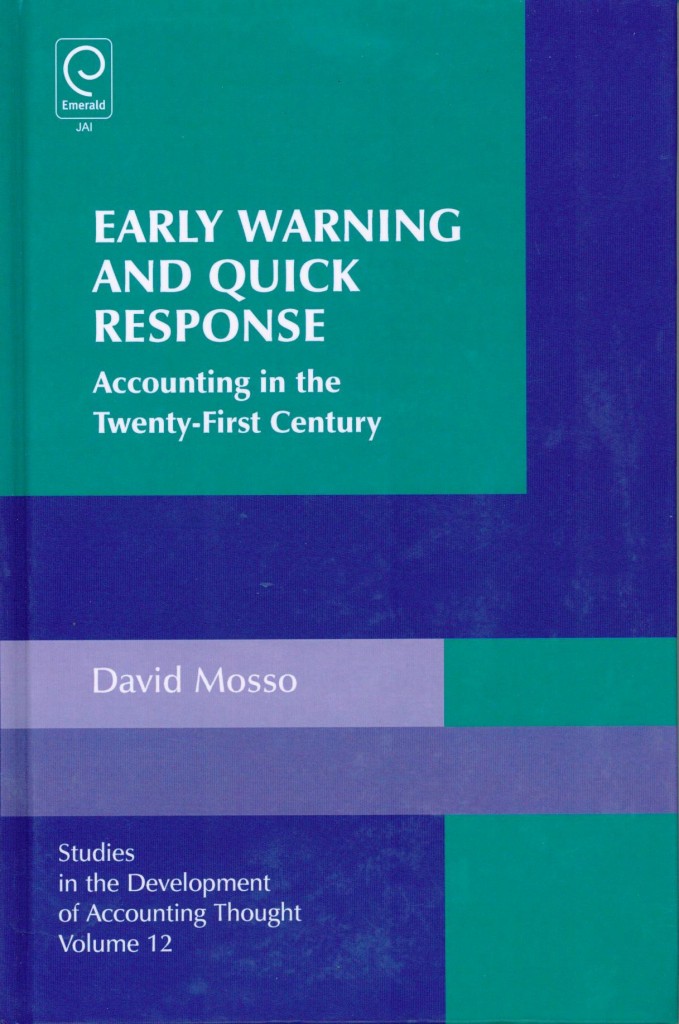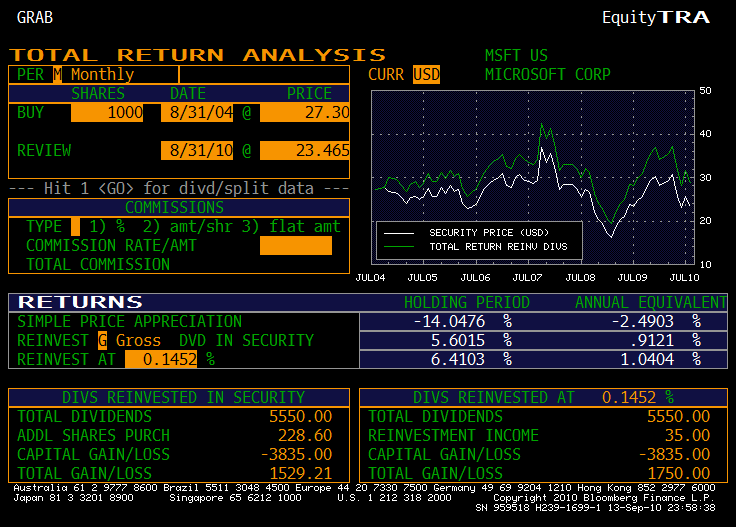Portfolio Rule One
For those that have e-mailed me about equity management, I will get back to you soon; I have been tied up in details of getting my assets management business going recently.
=-=-=–==–=-==–==-=-=-=-=-=-=-
If you have read me for a while, you have heard of my eight rules of stock investing.? Recently some people have been e-mailing me regarding my plans to start Aleph Investments, and one asked if I could write a series of pieces to explain how I manage stocks.? I thought it was a good idea, so this is the first of what is likely to be eight episodes.? Here’s portfolio rule one:
Industries are under-analyzed, relative to the market on the whole, and relative to individual companies. Spend time trying to find good companies with strong balance sheets in industries with lousy pricing power, and cheap companies in good industries, where the trends are not fully discounted.
I always get a little look of surprise the first time that I mention my main idea to consultants or other equity managers. I sometimes say, “Some managers are top down, others are bottom up — I am middle out.”? The idea is that I don’t rely on a view of the economy to drive my investing, nor do I just look for cheap stocks, wherever I might find them.? Instead, I look for industries that are hated, either absolutely or relatively.
In my view, paying attention to industry fundamentals is always superior to viewing the economy as a whole, because:
- The industry cycles as compared to the overall economic cycle are not exact comparisons, both with respect to timing and amount.
- Among other reasons, demand outside the US can be decidedly different than demand inside the US.
- New entrants and company failures and acquisitions can affect the industry economics more than the general economy.
- Major innovations like the Internet can turn stable cash flow generators like newspapers and parts of the telephone industry into permanent losers.
If I were allowed to turn back the clock, and teach those who allocate equity assets how it really works, I would have told them to ignore value and growth, large and small.? I would replace those with industries.? Industries tend toward value and growth, large and small, but the aggregation hides a lot of valuable information.? But the consultant community is a sucker for simple explanations that explain little of a more complex reality.
Think about it, ideally, when to you want to buy shares in an industry?? When the hatred is thick.? Valuations are crushed to the degree that they can’t go much lower.? And at such a point, the risk lover buys the dodgiest company in the industry — high fixed costs, bad balance sheet.? Clever, but what if the recovery takes too long, and it goes broke?? Such a strategy makes a short-term bet.? Those with a longer time horizon, and reasonable expectations, buy the high quality company.? If the downturn prolongs, more competitors will fail, and they will pick up pricing power.? If the downturn ends quickly, and pricing power returns, the high-quality company will still do very well relative to the market as a whole, though a lower quality name that might have died under other circumstances will do much better.
The second-best place to buy are industries in the midst of improving pricing power that will persist, but many think it will not persist.? In that case, since there is only a low threat of companies going into financial stress, buying cheap companies of moderate quality will result in very good gains.? The risk is that I am wrong in my estimate of continuing pricing power, but if I am wrong, the cheap name typically won’t do that badly, and I can trade away for the small gain, or not much of a loss.
All of this means spending time watching industry economics, looking for places that will outperform market expectations.? This isn’t always easy, but there aren’t so many players asking those questions, compared to those doing top down or bottom up investing, and so I have a better chance of profit, in my opinion.
PS — For those with access to RealMoney, some of my best articles on portfolio management are listed here.



 When life gives you lemons, make lemonade.? Over two dozen people that survived losing a lot of their money in the Madoff Ponzi scheme wrote down their stories.? For one thing, I’m sure it was cathartic to do so.? Something that many regarded as being one of the most dependable parts of their lives ended up proving utterly undependable.
When life gives you lemons, make lemonade.? Over two dozen people that survived losing a lot of their money in the Madoff Ponzi scheme wrote down their stories.? For one thing, I’m sure it was cathartic to do so.? Something that many regarded as being one of the most dependable parts of their lives ended up proving utterly undependable.